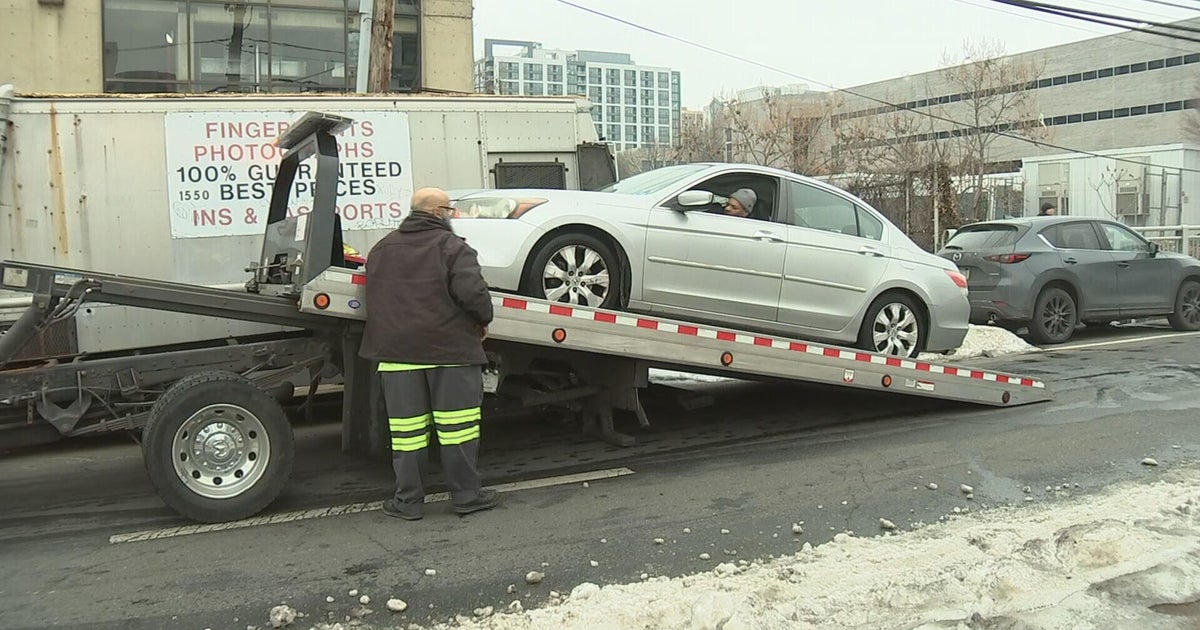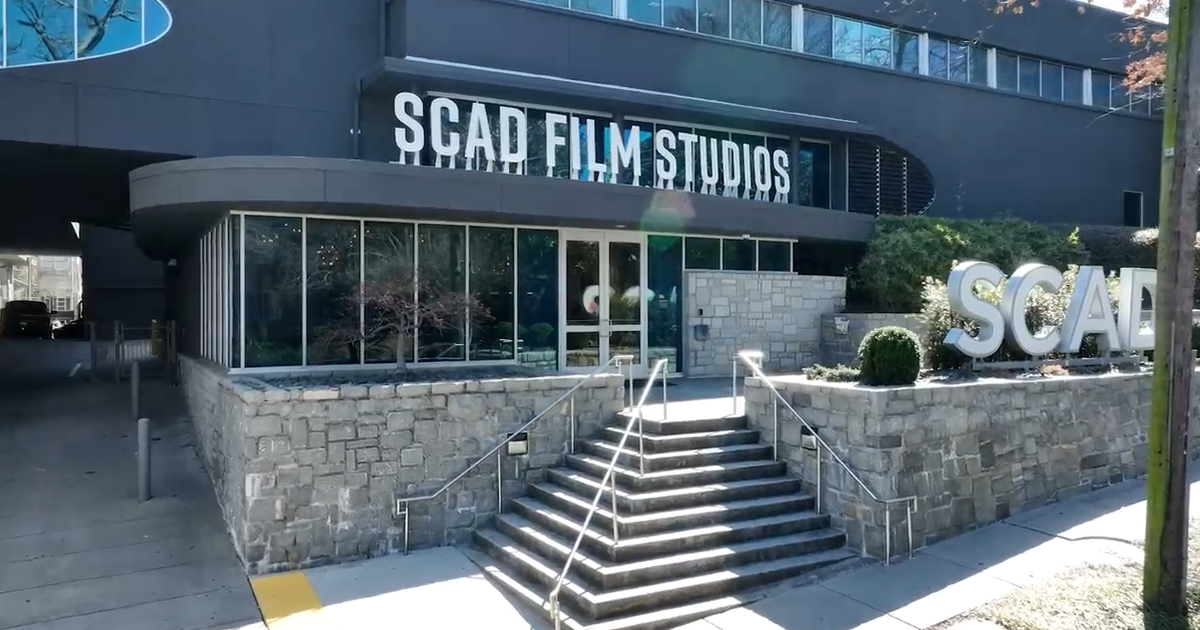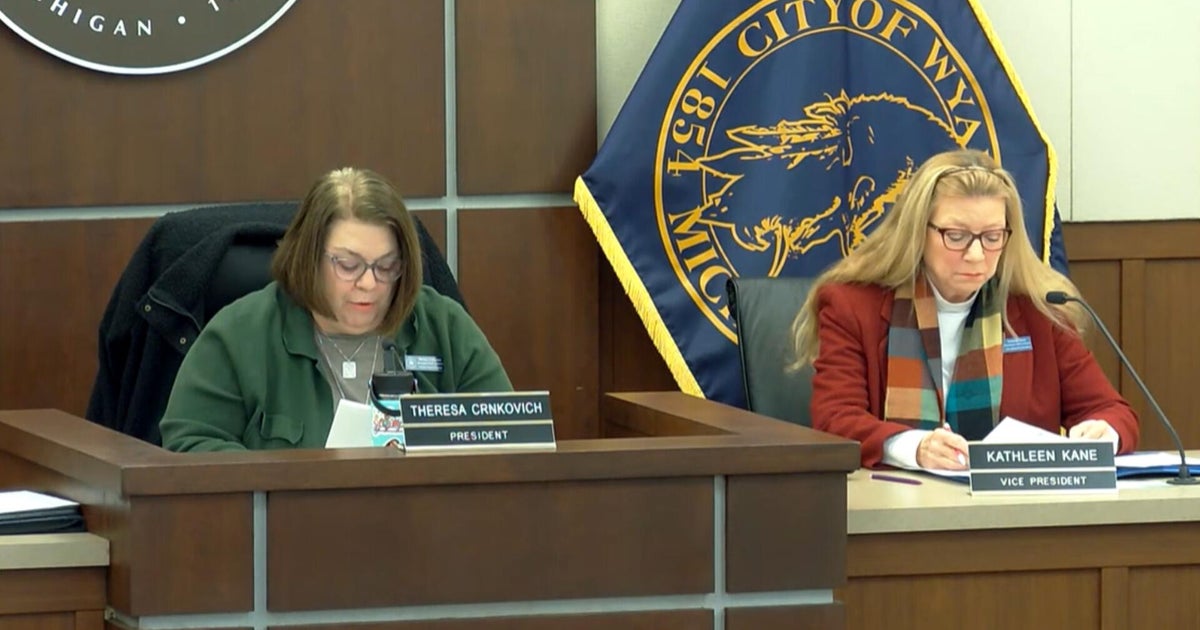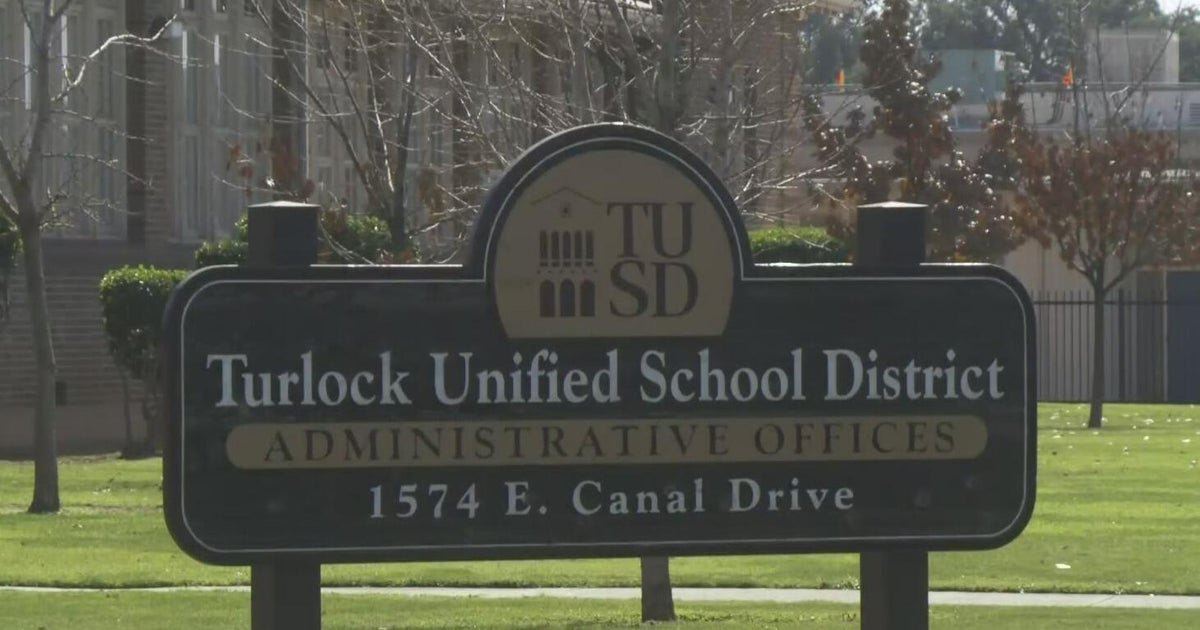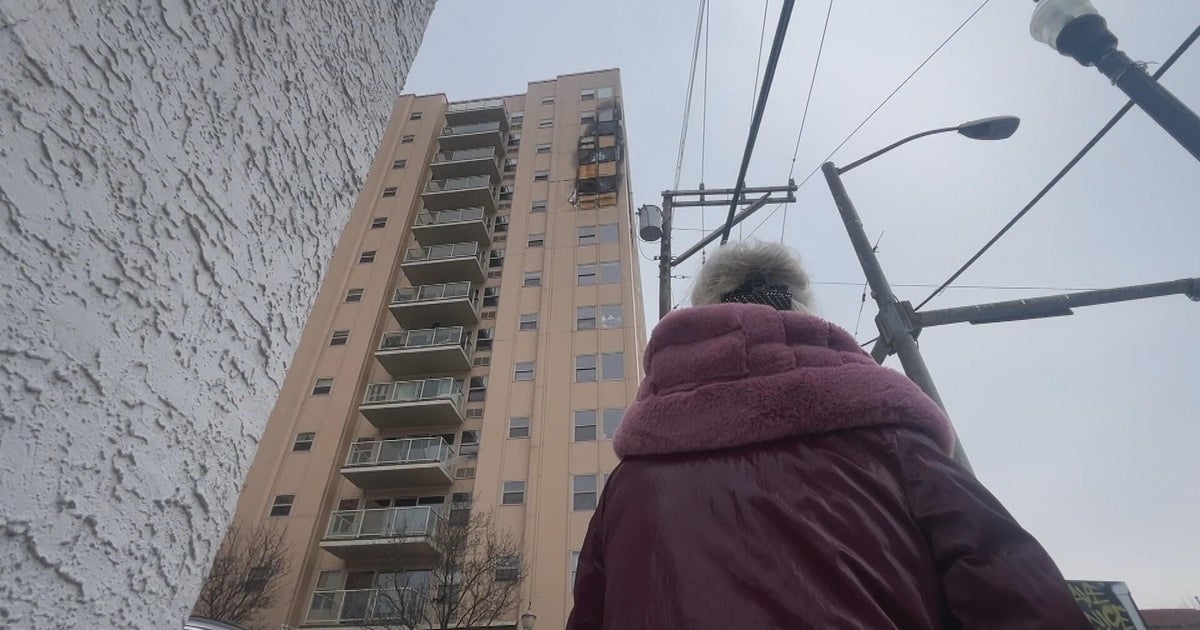Crowd-Financing Plays Starring Role In SXSW Films
AUSTIN (AP) - The film "Girl Walk // All Day" opens on a blonde girl joyfully dancing past unimpressed New Yorkers on the Staten Island Ferry.
Moving to the remixed beats of the DJ known as Girl Talk, she and other dancers breeze through New York's urban spaces -- Central Park, the financial district, Yankee Stadium -- turning the city into a playground.
Just as "Girl Walk // All Day" transforms familiar landscapes, the source of much of its funding -- the crowd-financing website Kickstarter.com -- has electrified the traditional structures of filmmaking. "Girl Walk // All Day," a dance-music film not easily categorized, was enabled by Kickstarter. After creating an eight-minute Internet video, the movie's director, Jacob Krupnick, put in a request to Kickstarter's community for various levels of investment from interested fans.
With options like $50 for an associate producer credit and $500 for a dance lesson, he hoped to raise $5,000.
He got nearly five times that.
"Kickstarter came at a really opportune moment in my life when I needed it," says Krupnick, a filmmaker and photographer. For the last month, he's been touring the film at different venues around the country, where screenings often turn into dance parties.
It's one of 33 Kickstarter-aided films at the South By Southwest Film Festival. That's a full 10 percent of the festival's entire slate, an eye-opening total that shows what a significant role the nearly three-year-old Kickstarter is playing in financing indie films. Even SXSW Film head Janet Pierson was surprised when she heard the number.
"I'm fascinated that this is a viable tool, or seems to be," says Pierson, who produced indie films in the `80s and `90s. "How great that this vehicle exists that's working for all these filmmakers. I didn't know that it would be so viable."
Certainly, the budgets for even small films often get into hundreds of thousands or millions of dollars. Typically, Kickstarter funds makes up a portion of a film's budget. And most of the Kickstarter films still struggle to find theatrical distribution and promotion.
But it's undoubtedly emerged as a realistic option to help get a film made. In making a movie, every little bit helps.
"It's gone from being possibly a novelty, a different way of doing things, to becoming much more of a tool, much more of a standard thing that people think about," says Kickstarter co-founder Yancey Strickler. "It's giving audiences the power instead of executives."
Kickstarter, the leader among crowd funding companies, has funded 19,000 projects in its three years. It funds a variety of things, including music albums, tech products and art projects.
Projects are only funded if they reach their target amount. Kickstarter doesn't have any piece of ownership in the finished product, but they take 5 percent from successful funding. (Amazon Payments, which facilitates the financial transactions, also takes about 3-5 percent.)
Still, movies have been its biggest success. Of the first $140 million pledged via Kickstarter, $50 million was for movies. Earlier this year at the Sundance Film Festival, 17 films with Kickstarter backing played. The festival and the site announced a three year program with the artist development nonprofit Sundance Institute.
Recently, Kickstarter has, for the first time, repeatedly crossed the $1 million mark in funding a project. Strickler says the last four months have been "particularly nuts."
"Kickstarter growing and getting bigger means that more and more projects are having success, more things are able to exist in the world that maybe wouldn't have otherwise," says Strickler. "Those are people's dreams."
Sometimes, the final results validate the refusal of other avenues for financing. Often, they reveal perspectives not customarily embraced by film distributors.
"Gimme the Loot," is about a pair of Bronx graffiti artists. It came to SXSW with days left to reach its funding goal. As of late Sunday, it needed about $1,200 in about a week.
"Blue Like Jazz," based on a bestselling memoir by Donald Miller, was on the brink of collapse after an investor dropped out shortly before production was scheduled to begin. Director Steve Taylor was soon going to lose his star actor, Marshall Allman ("True Blood"), so the film needed to be shot soon. Taylor asked for $125,000 on Kickstarter with another investor offering to double what was raised.
"It was far and away, at that point, the biggest goal anyone had set at Kickstarter," says Taylor. "Frankly, it just seemed impossible."
The film raised a record $346,000. It will be released this April by Roadside Attractions.
Certainly, its success has something to do with its Christian themes. Allman plays a 19-year-old Texan who embarks on college in the Pacific Northwest, where his Christianity sticks out like a sore thumb.
"Kickstarter proved there was an audience for it," says Taylor, who pledged a personal thank you phone call to anyone who contributed $10 or more.
About a month ago, he finally finished the last of some 3,500 calls.
(© Copyright 2012 The Associated Press. All Rights Reserved. This material may not be published, broadcast, rewritten or redistributed.)
